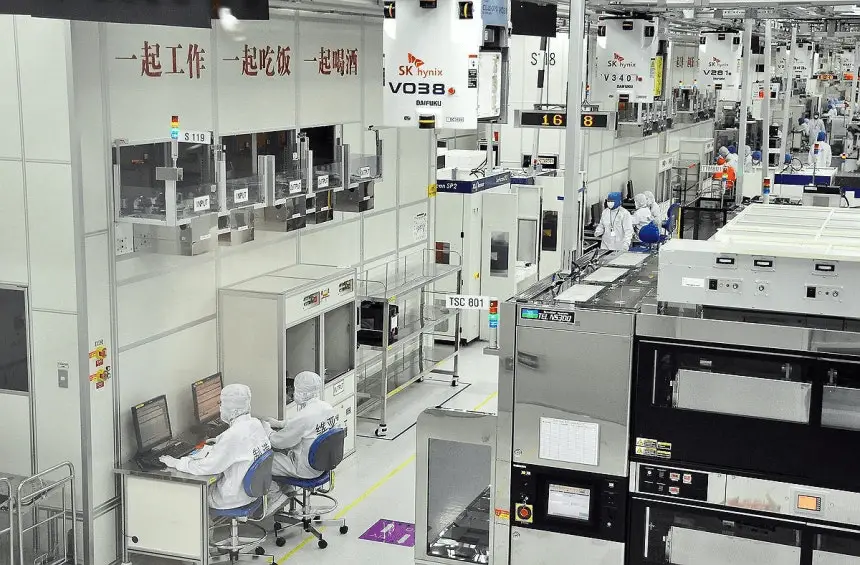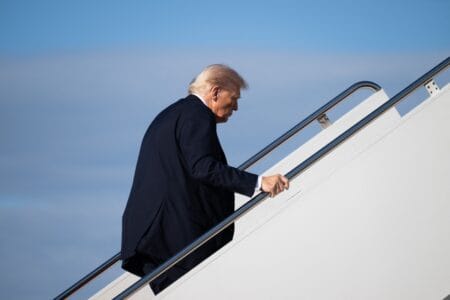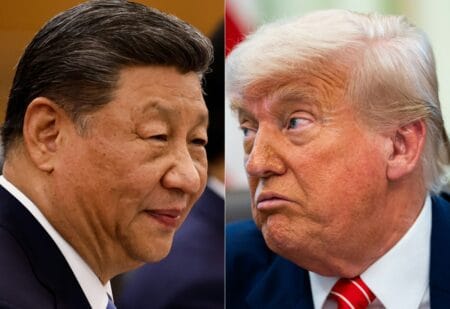September 1, 2025
SEOUL – The Trump administration has rescinded permits that allowed Samsung Electronics and SK hynix to import US-made chipmaking equipment into their Chinese factories, raising concerns of production disruptions.
According to industry sources and reports Sunday, the US Commerce Department removed the two Korean chipmakers from its “validated end-user” list, which had exempted them from time-consuming, case-by-case licensing reviews.
The move marks a sharp shift in Washington’s export control regime. Since October 2022, the US has imposed sweeping restrictions to curb China’s semiconductor capabilities. Samsung and SK hynix had secured temporary relief through the VEU program, but their removal underscores Washington’s renewed determination to block China’s access to advanced technology.
With President Donald Trump back in office, semiconductor policy has tilted further toward decoupling from China. In April, export bans expanded beyond high-performance AI chips to include lower-end models like Nvidia’s H20 GPUs, hitting Korean suppliers of high-bandwidth memory.
Industry officials warn that the new rules could delay routine equipment procurement and slow technology upgrades at Korean-owned plants in China.
Although the facilities produce chips a generation or two behind Korea’s cutting-edge fabs, they remain critical: Samsung’s Xi’an factories account for 35 percent of global NAND flash output, while SK hynix’s Wuxi plant makes about 40 percent of its DRAM.
“Chipmaking equipment is not plug-and-play. Stabilization takes months, and now every shipment faces an uncertain approval process,” said an industry source. “This complicates production planning.”
The US Bureau of Industry and Security estimated the change could generate more than 1,000 extra export license applications annually, straining both companies and regulators.
Without streamlined approvals, Samsung and SK hynix could struggle to maintain or upgrade their Chinese fabs, potentially relegating them to older-generation production and eroding their long-term value.
“Samsung and SK hynix will likely pursue upgrades within regulatory limits,” the industry source said. “But efficiency and profitability in China are bound to come under pressure.”
China swiftly denounced the decision, accusing Washington of destabilizing the global semiconductor supply chain. In a statement Friday, the Ministry of Commerce said it was closely monitoring the move to drop Intel, Samsung and SK hynix’s Chinese units from the VEU list.
“Semiconductors are a highly globalized industry shaped over decades through market forces and corporate choices,” a spokesperson said, calling the US action “self-serving” and a weaponization of export controls that would have “serious negative impacts” on global stability. The ministry urged Washington to reverse course and vowed to take “necessary measures” to defend Chinese companies’ rights.







